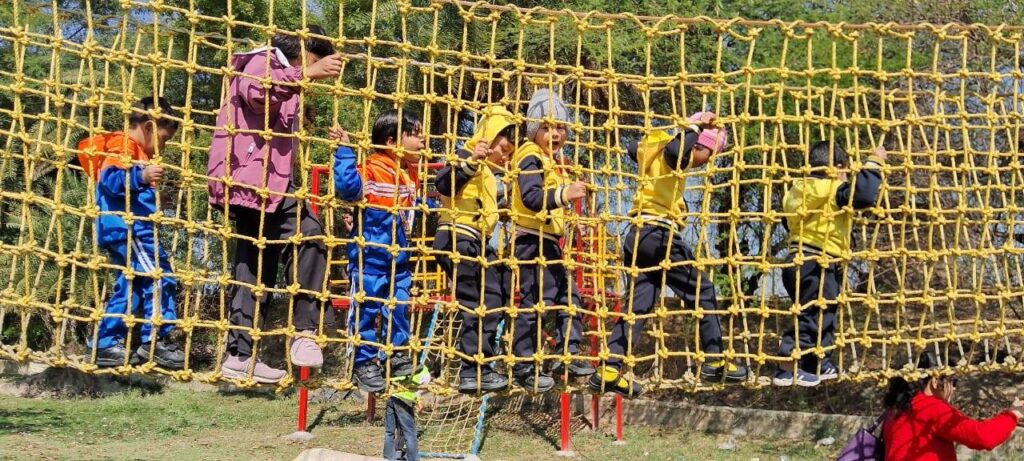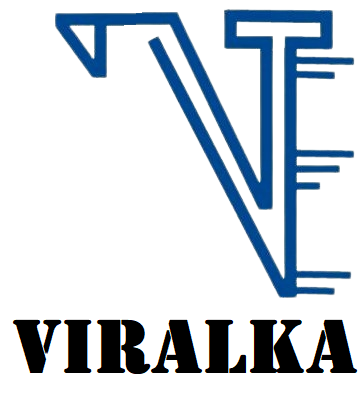

Our Process
We bring science and innovation together
At Viralka Pre-School, we are committed to equipping our teachers with cutting-edge skills and knowledge by integrating science and innovation into our training process. This approach ensures that our educators are well-prepared to deliver high-quality, engaging, and evidence-based early childhood education.


This scientifically informed, innovative training process ensures that our teachers are not just educators but also lifelong learners who inspire, nurture, and guide young minds toward excellence. They leave the program empowered with tools and strategies to create meaningful and transformative learning experiences in the classroom. We also assess the outcome of our training program by Creative Assessment Techniques:
Training on innovative ways to evaluate children’s growth through observation, portfolios, and interactive activities.
Self-Evaluation Tools for Teachers:
Teachers are guided to assess their performance using reflective journals and peer feedback.